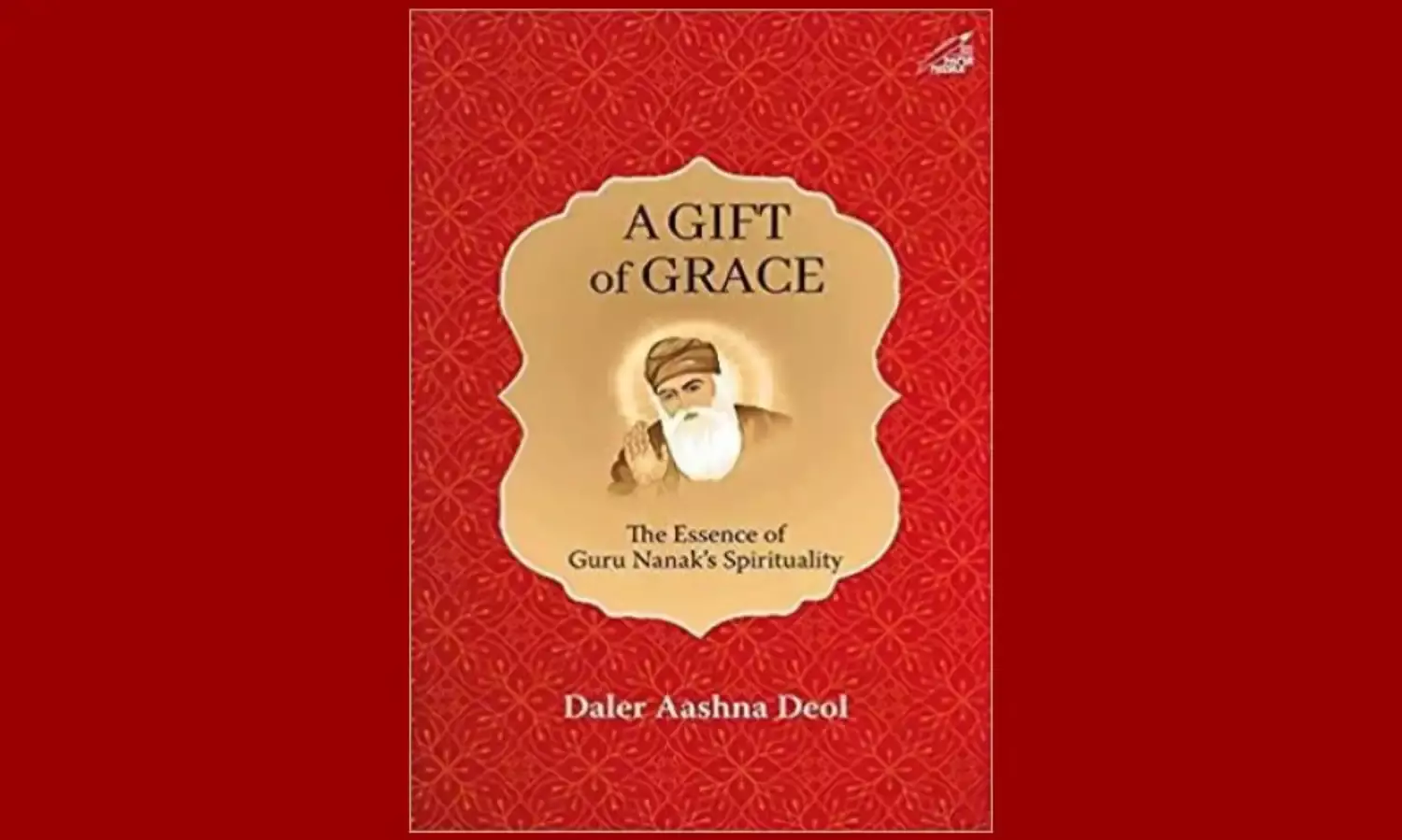‘Countless are Tyrants who Command others with Force’
Book review: Daler Aashna Deol’s book on Guru Nanak

The birth of Guru Nanak in the 15th century, near Lahore in Pakistan is the greatest gift received by humanity. A gift that is often not valued as it should be.
Pick up the words of Nanak and find in them the best guide towards a life of love and universal brotherhood. Nanak had spent his entire life talking about building bridges that narrow distances and bring people together. This is something that all of us urgently need to put into practice in a world engulfed in violence and chaos.
To be able to get the strength to bring humanity together, Nanak empowered himself by chanting the name of the creator of the world. He traveled all over the oriental world, meeting and talking to people. After considerable experience of having spent time with different people Nanak concluded that every human being is equal to other human beings and together all of humanity is precious.
Deeply impressed by Nanak’s humility and words of wisdom, many followed him in his lifetime. Nanak’s followers are called sikhs or disciples and their religion is Sikhism.
Nanak travelled far and wide talking to people about the single force responsible for the creation of the universe. That force dwells no where else but within every creation on earth and is the only truth worth seeking.
Nanak’s world view was spiritual even as he praised the existence of the material world. Nanak’s life was a living example of love for all human beings. He treated everyone around him with equal respect and his goodness inspired countless other human beings to do the same.
Everything that Nanak said was memorised by his followers. His words have been saved as a collection of 976 hymns in the holy text of the Guru Granth Sahib.
Despite the presence of Nanak and his precious words of unity diversity in our midst, the world chose to repeatedly divide and to partition itself. Born in a united South Asia, the birth place of Nanak lies across the border in Pakistan now. Gurdwara Darbar Sahib Kartarpur is also in the Punjab province of Pakistan where Nanak had spent 18 years of his life and where he died in 1539. It is a bureaucratic nightmare today for Nanak’s followers to visit the place of pilgrimage in Kartarpur.
Since Nanak, many boundary walls have been built to distance human beings from each other. Today those walls, the flag hoisted above the artificial boundaries, the man made anthem chorused in different states have all become more sacred than human beings.
Friendship across national borders and between human beings is discouraged. Citizens are expected to withdraw into lonely individual worlds of their own, each world treating the private world of the neighbour with fear and suspicion.
No wonder Nanak had warned himself:
If I become a ruler with a vast army and occupy my throne issuing commands, it will be no more than a blast of wind, and on seeing this, my heart will astray, and I will forget the Name.
There are many books on Guru Nanak but the latest one by Daler Aashna Deol, a Political Science lecturer who lives in Potomac, Maryland, USA simplifies Nanak’s message for the modern reader. To capture the beauty, depth and the musical language of Nanak’s words for a wider audience, the original text in Gurmukhi is transliterated and is accompanied with English translations.
The importance of the word is seminal to the text and the very centre of Nanak’s spiritual legacy. It is included in its entirety in the second part of the book.
The word is important as through the word, Nanak said we get knowledge. We learn to sing in praise of the creator of the world, and it is through the word that humanity’s destiny is recorded. Therefore the word was of great value to Nanak and helped him in his mission to communicate what he was feeling and thinking with other human beings.
Nanak’s words have been in the world for 550 years but still feel as fresh as the rose that came into bloom this morning.
Says Nanak:
Countless are tyrants who command others with force before they depart this world. Countless are those who cut throats and commit murders. Countless are sinners who lead sinful lives. Countless are liars who wander in their own falsehoods…
For those interested in knowing more about what Nanak said, this book is a great teacher:
We gamble our lives hankering after fame and power, noisy festivities, things of beauty, wealth and pleasures of the youth. This gamemanship consumes all our energy.
There is soulful music coming from the dancing peacocks, dear sister, the rainy month of saavan has arrived. My beloved your eyes are filled with love.
Many have yearned to know the limits of the cosmos yet this search has ended in vain, without a clue. This limit no one really knows, the more we say, the greater it shows.
When hands, feet and body are covered with slime, water washes it clean and purifies before time. When clothes are soiled and emit foul smell, a cake of soap clears the filth and makes them clean again. When our mind is overlaid with sin and shame, it will be cleansed only by the love of His name.
If the ego dies and the person is still alive, then there is hope, Nanak finds salvation by repeating the Name.
As if Nanak could look into times 550 years after his death, he seems to write this for our times:
When our glow merges with the light of the lord and when our little wisdom makes itself inconspicuous by amalgamating with the universal intelligence we rid ourselves of violence, egotism sorrow and scepticism, says Nanak.
A Gift of Grace: The Essence of Guru Nanak’s Spirituality by Daler Aashna Deol is published by Niyogi Books, 2019.



